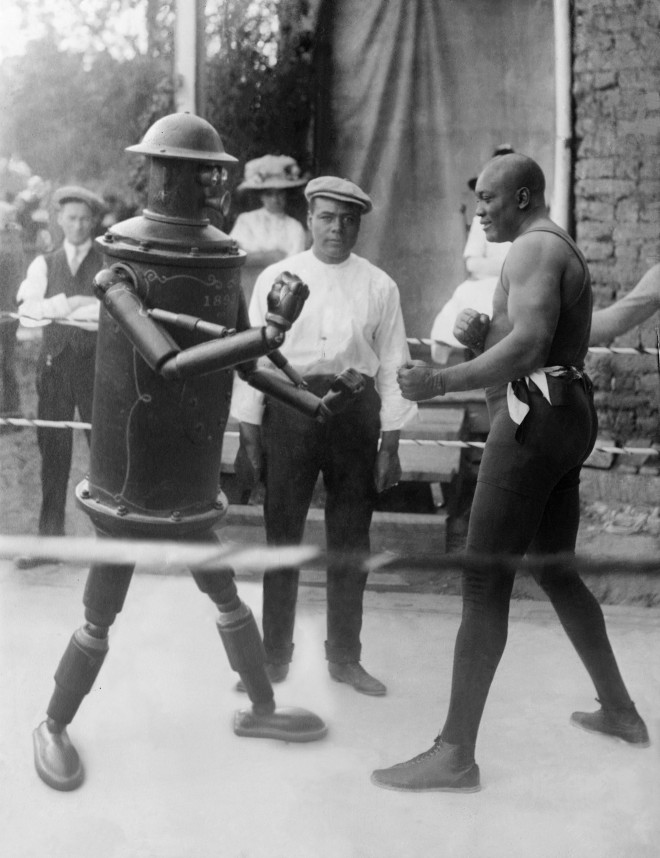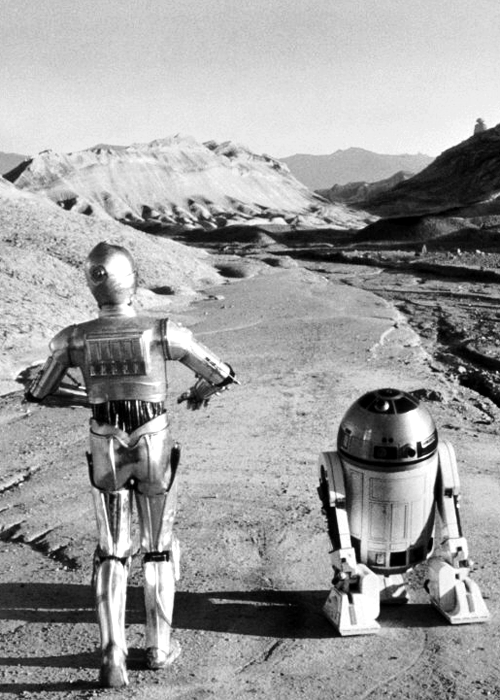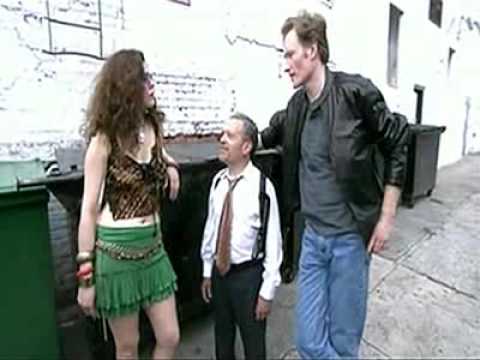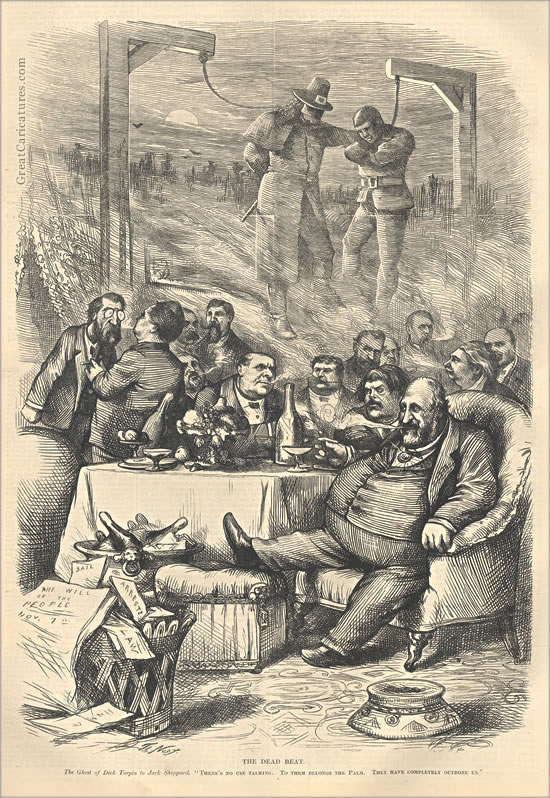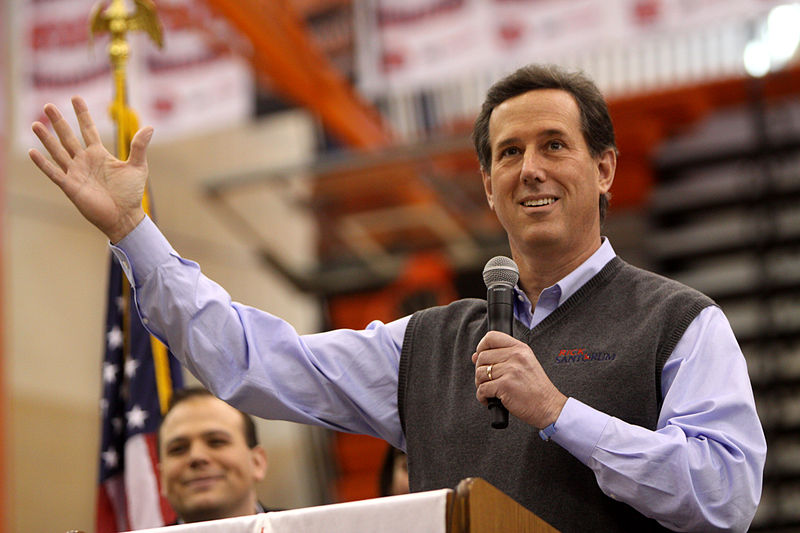
There are few things grosser than David Brooks breathlessly extolling the virtues of meritocracy when he’s not one of the Americans who could withstand the arrival of a system that truly values talent. Here’s someone who’s been lavishly rewarded materially for being a screaming mediocrity, not nearly one of the best writers and thinkers of his generation. If people were actually judged on real flair, almost everything Brooks has would be taken from him. What he defends isn’t a just system but one based on access and privilege, of getting into the right schools and making the right connections, of “achieving” rather than creating anything novel. There are very few people I find interesting who come from Brooks’ model for success.
The opening of a recent Robert Reich article in Salon which sends some of Brooks’ customary hogwash down the drain:
“Occasionally David Brooks, who personifies the oxymoron ‘conservative thinker’ better than anyone I know, displays such profound ignorance that a rejoinder is necessary lest his illogic permanently pollute public debate. Such is the case with his New York Times column last Friday, arguing that we should be focusing on the ‘interrelated social problems of the poor’ rather than on inequality, and that the two are fundamentally distinct.
Baloney.
First, when almost all the gains from growth go to the top, as they have for the last thirty years, the middle class doesn’t have the purchasing power necessary for buoyant growth.
Once the middle class has exhausted all its coping mechanisms – wives and mothers surging into paid work (as they did in the 1970s and 1980s), longer working hours (which characterized the 1990s), and deep indebtedness (2002 to 2008) – the inevitable result is fewer jobs and slow growth, as we continue to experience.
Few jobs and slow growth hit the poor especially hard because they’re the first to be fired, last to be hired, and most likely to bear the brunt of declining wages and benefits.
Second, when the middle class is stressed, it has a harder time being generous to those in need. The ‘interrelated social problems’ of the poor presumably will require some money, but the fiscal cupboard is bare. And because the middle class is so financially insecure, it doesn’t want to, nor does it feel it can afford to, pay more in taxes.
Third, America’s shrinking middle class also hobbles upward mobility. Not only is there less money for good schools, job training, and social services, but the poor face a more difficult challenge moving upward because the income ladder is far longer than it used to be, and its middle rungs have disappeared.
Brooks also argues that we should not be talking about unequal political power, because such utterances cause divisiveness and make it harder to reach political consensus over what to do for the poor.
Hogwash. The concentration of power at the top — which flows largely from the concentration of income and wealth there — has prevented Washington from dealing with the problems of the poor and the middle class.”


